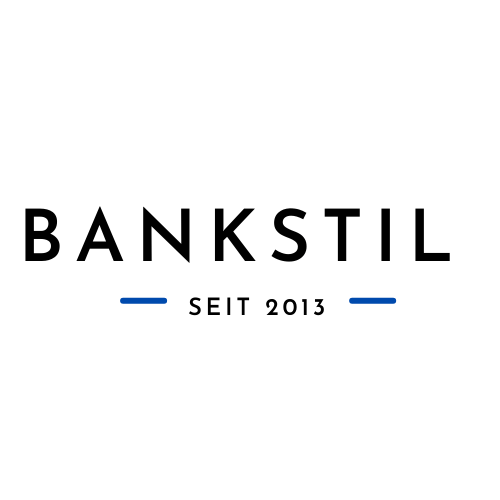JProf. Simon Hensellek von der Fakultät Wirtschaftswissenschaften hat gemeinsam mit Prof. David Bendig und Dr. Julian Schulte von der Universität Münster untersucht, welche Auswirkungen unternehmerische Investitionen auf die Produktsicherheit haben. Ihre Ergebnisse haben sie kürzlich in der renommierten Fachzeitschrift „Entrepreneurship Theory and Practice“ veröffentlicht.
Quelle: Vom Nutzen und Schaden unternehmerischer Investments
Despite growing numbers of corporate venture capital (CVC) deals and alliances, their effectiveness is not guaranteed. This paper investigates the positive and negative impacts of CVC and alliance activity on product safety under different levels of market turbulence. Using a resource-based learning perspective and panel data from large U.S. firms, we find that both CVC and alliance activity have inverted U‑shaped relationships with product recall likelihood. Market turbulence moderates both relationships, but differently. We discuss how learning theory complements the resource-based view to understand why no or rather bold external venturing are less harmful than small-scale “stuck-in-the-middle” initiatives.

